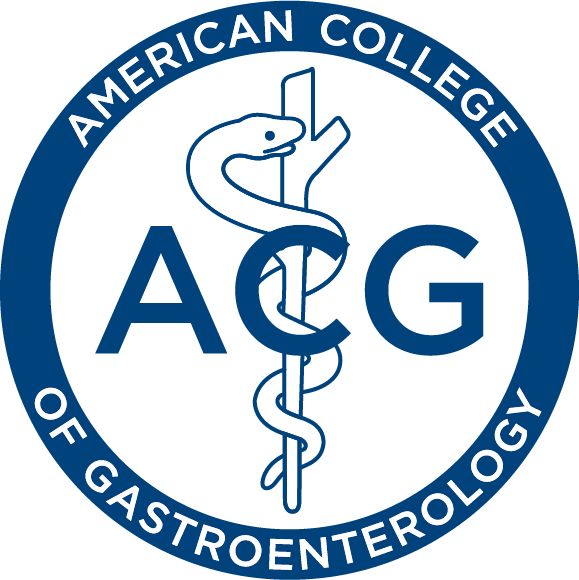Newswise — AASLD, ACG, AGA, ASGE and NASPGHAN recognize that the new class of medications known as glucagon-like peptide-1 (GLP-1) receptor agonists, such as semaglutide, tirzepatide, exenatide, liraglutide, albiglutide, dulaglutide, and lixisneatide, currently used for treatment of diabetes and/or weight loss, may be associated with delayed gastric emptying. There is concern that this class of medication may be associated with safety issues regarding sedation and endoscopy. While there is anecdotal experience that increased gastroparesis risk may be dose dependent or related to whether it is being used for diabetes control versus weight loss, we also acknowledge that there is little, or no data related to the relative risk of complications from aspiration. As a result, the impact associated with stopping these therapies prior to undergoing upper GI endoscopy (EGD) or other moderate to deep sedated procedures is unknown at this time.
As clinical gastroenterologists and hepatologists, we are very familiar with safety issues regarding the performance of endoscopy in our patients suffering from gastroparesis as well as unexplained nausea, vomiting and epigastric pain, particularly in emergency situations. As patient safety will always be paramount, and in the absence of actionable data, we encourage our members to exercise best practices when performing endoscopy on these patients on GLP-1 receptor agonists. More data are needed to understand if and when these medications should be held prior to elective endoscopy. Given the need for further data regarding the emerging use of these novel compounds, we encourage our anesthesiology, endocrinology, and industry partners to work collaboratively with our members to develop the necessary evidence to appropriately inform medication adjustments prior to elective endoscopy.
